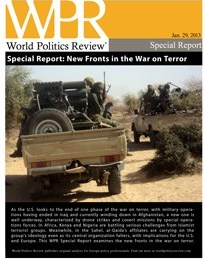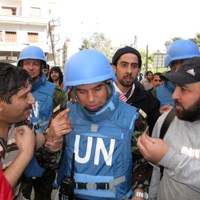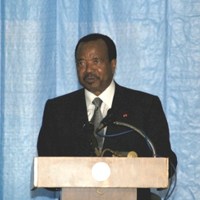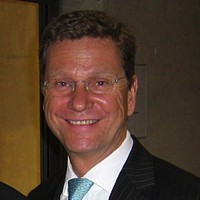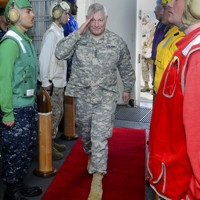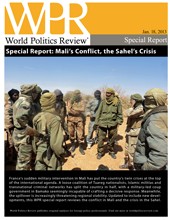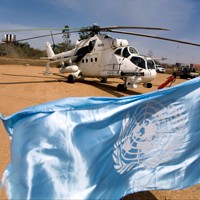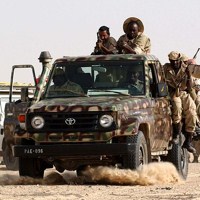
For decades U.S. security policy has followed two distinct tracks. In Europe, the Pacific Rim and the Middle East, the extent of American national interests and the possibility of aggression by hostile states led to a direct approach with formal security treaties and the stationing of U.S. forces. In places like Latin America, Africa and, more recently, Central Asia, U.S. strategy was indirect, focusing on security assistance and the provision of advice and training. Partnerships were the coin of the realm. The idea was that other country’s militaries, helped by the United States, would take responsibility for security in their […]

